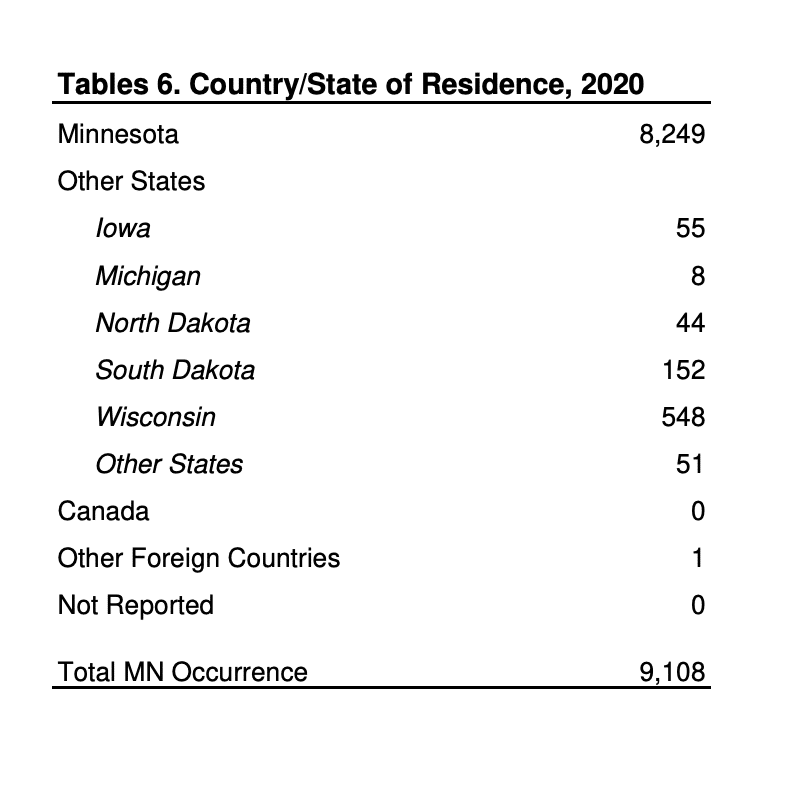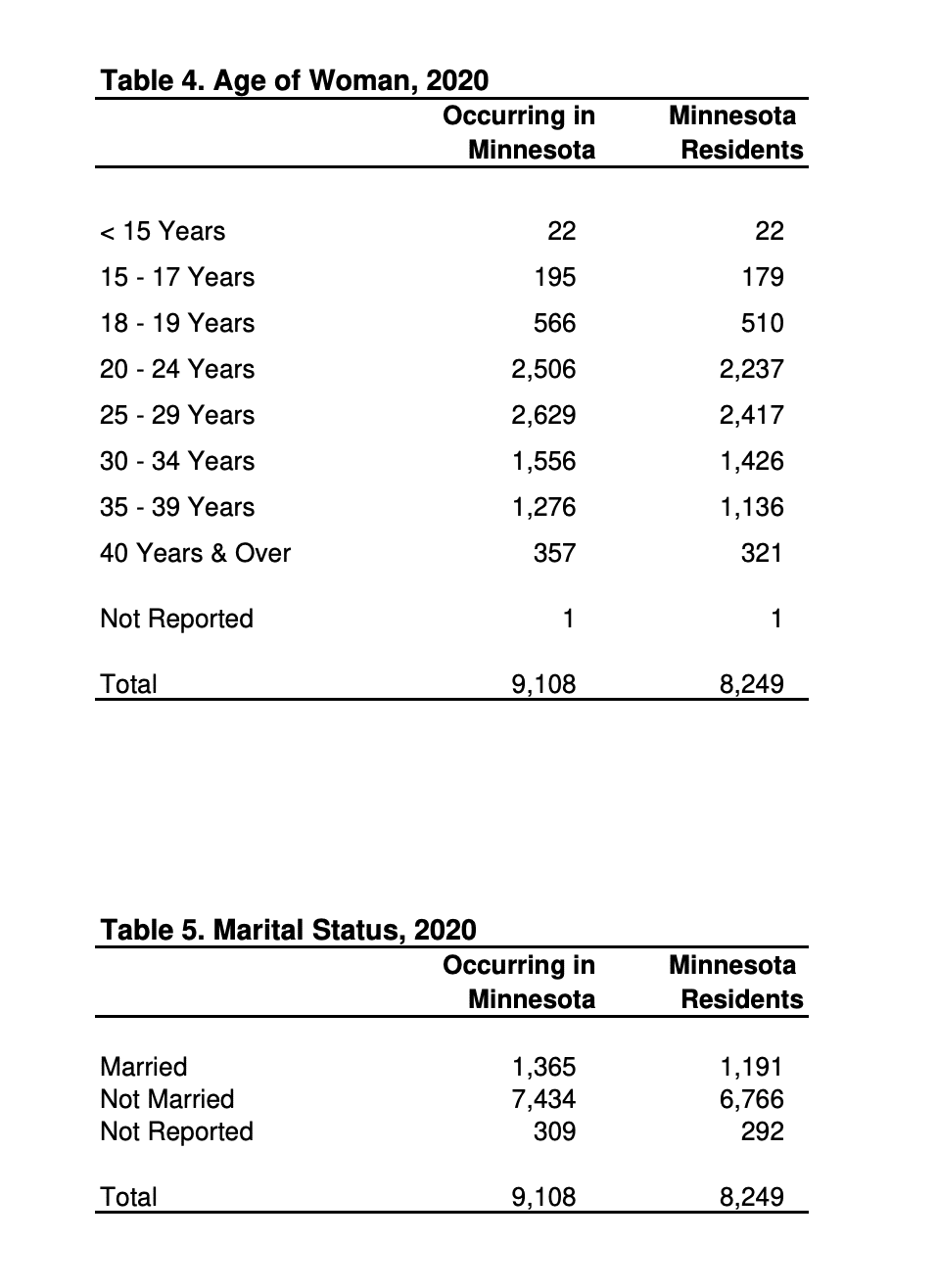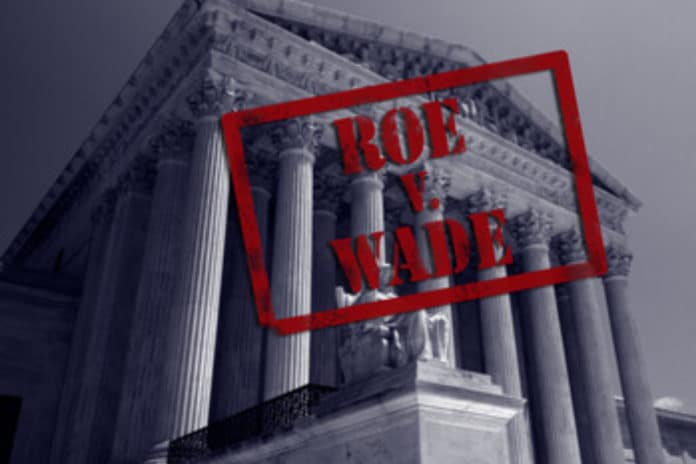The U.S. Supreme Court is expected to make a decision that could potentially overturn Roe v. Wade and affect abortion laws for decades to come.
For half a century, the right to have an abortion has been protected by the 1973 landmark Supreme Court ruling in Roe v. Wade. But a 2018 Mississippi law, which bans all abortions after 15 weeks except in medical emergencies and in cases of severe fetal abnormality, could reverse that decision.
Jackson Women’s Health, an abortion provider in Mississippi, challenged the Mississippi law in federal court. The U.S. District Court for the Southern District of Mississippi and the 5th Circuit Court of Appeals both struck the law down as unconstitutional. The state then appealed to the Supreme Court, which accepted the case for review. That case is known as Dobbs v. Jackson Women’s Health Organization.
Mississippi is asking the court to allow states to ban abortions at a point much earlier than the current viability standard established by Roe v. Wade, typically between 24 and 28 weeks. If the Supreme Court rules in favor of Mississippi, the decision to restrict or ban abortion will be left up to each state.
How is Minnesota impacted?
The most recent data available from the Minnesota Department of Health shows there were 9,108 abortions performed in Minnesota in 2020.
If Roe is overturned, many states would likely ban abortion. Minnesota, however, would likely see no immediate action, according to Minnesota Citizens Concerned for Life. That’s because in 1995, the Minnesota Supreme Court ruled in Doe v. Gomez that abortion was a right protected in the state constitution. This means even if the U.S. Supreme Court no longer imposes pre-viability abortions at the national level, Minnesota would still require abortion-on-demand and public funding of abortion, according to MCCL.
MCCL communications director Paul Stark told Alpha News that overturning Minnesota’s current abortion laws is highly unlikely because the sitting justices were mostly appointed by Gov. Tim Walz and former Gov. Mark Dayton, both Democrats. Getting the Legislature to pass a constitutional amendment would also require Republicans to regain control of the House and keep the Senate in the upcoming election.
“So if Roe is overturned, there’s no immediate change in Minnesota but that’s not to downplay how big it would be if Roe is overturned because that’s a huge milestone,” said Stark. “It’s a huge deal nationwide. Roe has been this destructive thing that’s been hanging over us and caused so much harm. Getting rid of that obstacle would be a big deal.”
Minnesota an abortion destination
Minnesota’s neighboring states such as Wisconsin, North Dakota, South Dakota and Nebraska would likely prohibit abortion, if the Court reverses Roe. Many predict that Minnesota will see an increase in out-of-state residents seeking abortions.
In 2020, 859 people came from out of state, including 548 from Wisconsin, to receive abortions in Minnesota, the state reported. However, Stark said it’s not the case that “anything goes” in Minnesota; there are still protections in place like the Woman’s Right to Know Act and Parental Notification Law.
“We also have a Positive Alternatives Law that provides grants to life-affirming programs that support women and offer alternatives to abortion. So it’s not like anything goes in Minnesota. We do have these protections that we’ve put in place. We’ve seen abortions decline here over time,” Stark explained.

Abortion would have likely remained legal in Iowa, but the Iowa Supreme Court on Friday reversed a decision by the court that guaranteed the right to abortion under the Iowa constitution.
The Iowa court is now composed almost entirely of Republican appointees who say that the court wrongly decided that abortion is among the fundamental privacy rights guaranteed by the state constitution and federal law.
Statistics
MCCL reports that abortions nationwide and in Minnesota have dropped about 50 percent due to the efforts of the pro-life movement and other factors. Despite the massive decline, nearly 900,000 abortions still take place each year across the country, including about 10,000 in Minnesota.
MCCL says more than 63 million unborn children have been legally killed nationwide, including about 670,000 in Minnesota. The Minnesota Department of Health reports that about 80% of abortions in 2020 were procured by those who are not married. The state reports that 20 to 29-year-olds made up the bulk of women who got abortions.

MDH’s most recent data in 2020 reveals the number-one reason (5,217 respondents) women get abortions in Minnesota is because they “do not want children at this time.” Financial concerns are the second most-common reason, with 1,671 respondents.
How will the court rule?
Nobody knows for sure how the court will rule, but in early May a draft opinion in the Dobbs v. Jackson case was leaked to the media. The leaked opinion is only a draft and not an actual court ruling. However, Stark said pro-lifers are still hopeful that the official decision will reverse Roe and that the court will recognize that abortion-on-demand is not required by the constitution.
“I hope that none of the justices would be intimidated into changing their votes with some of the protesting outside of the justices’ homes,” Stark told Alpha News. “I mean it’s an attempt to intimidate them and so forth but hopefully that sort of effort doesn’t work.”











